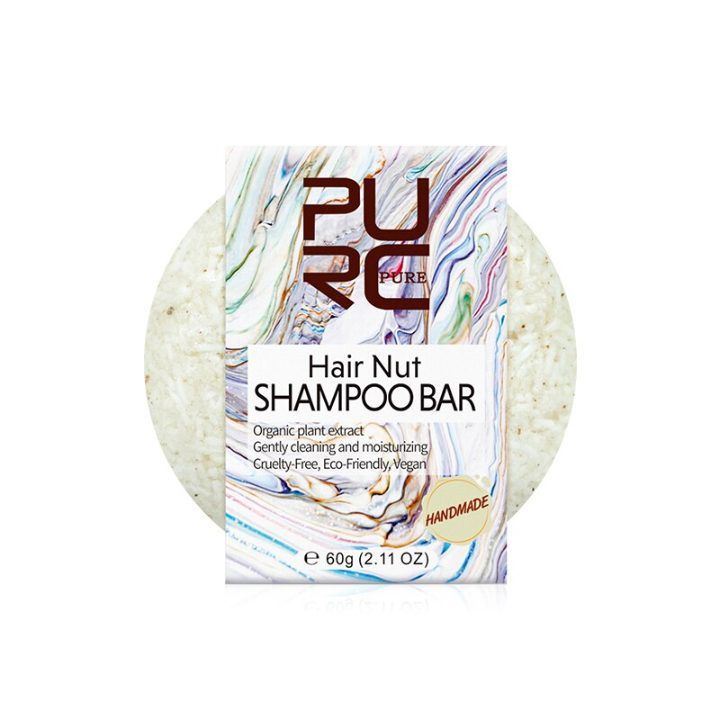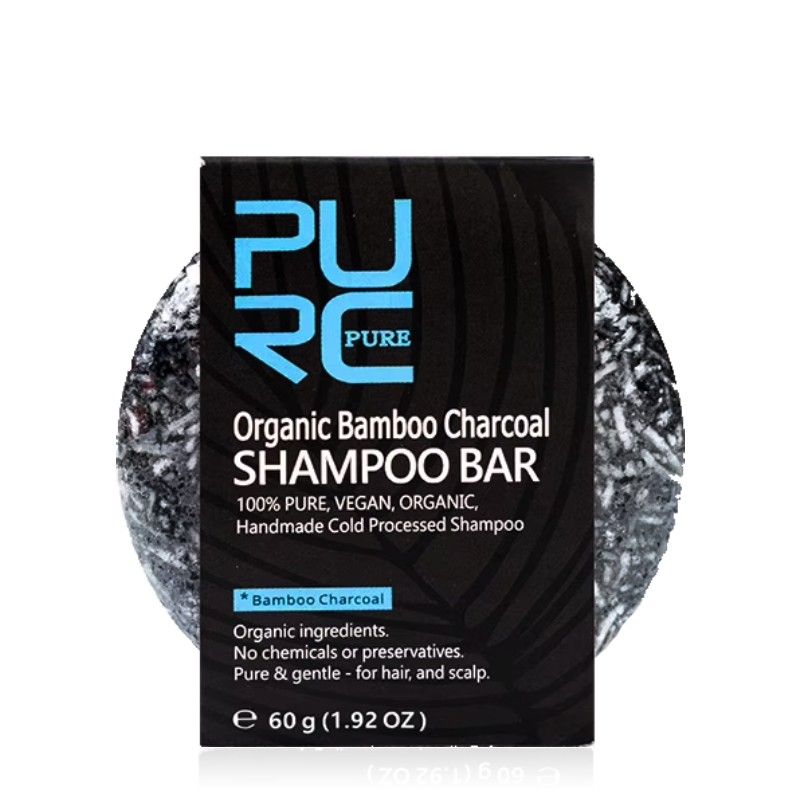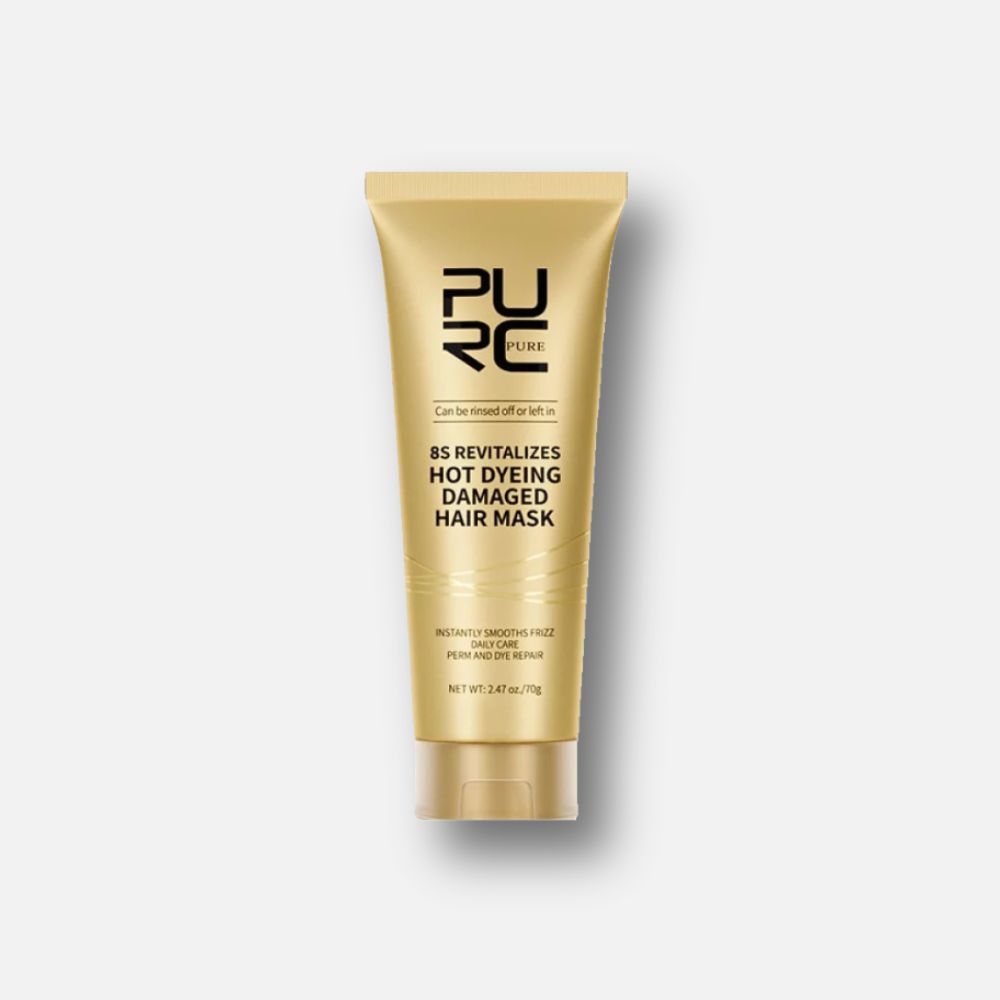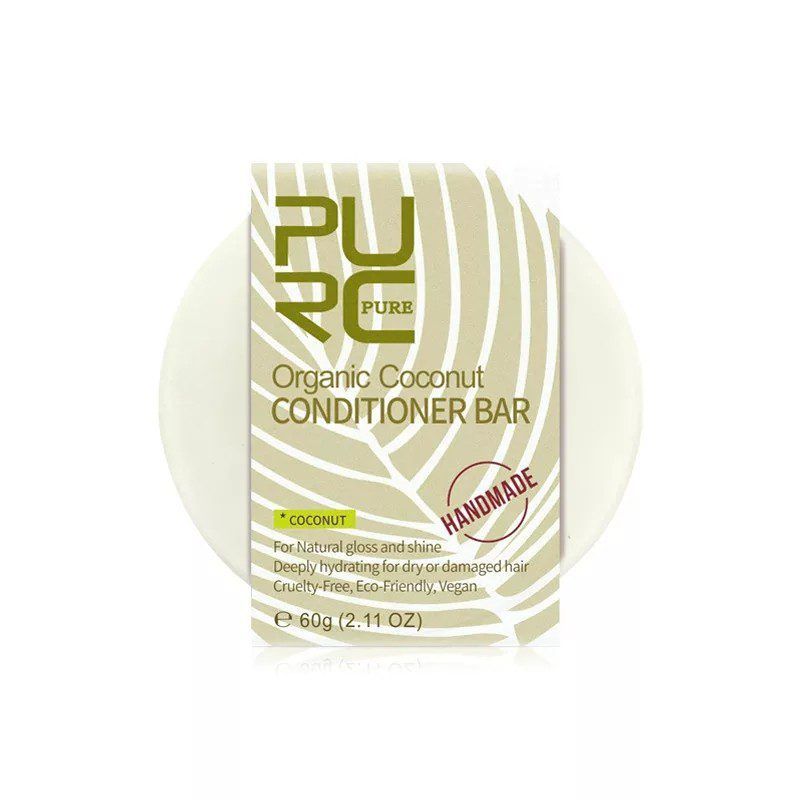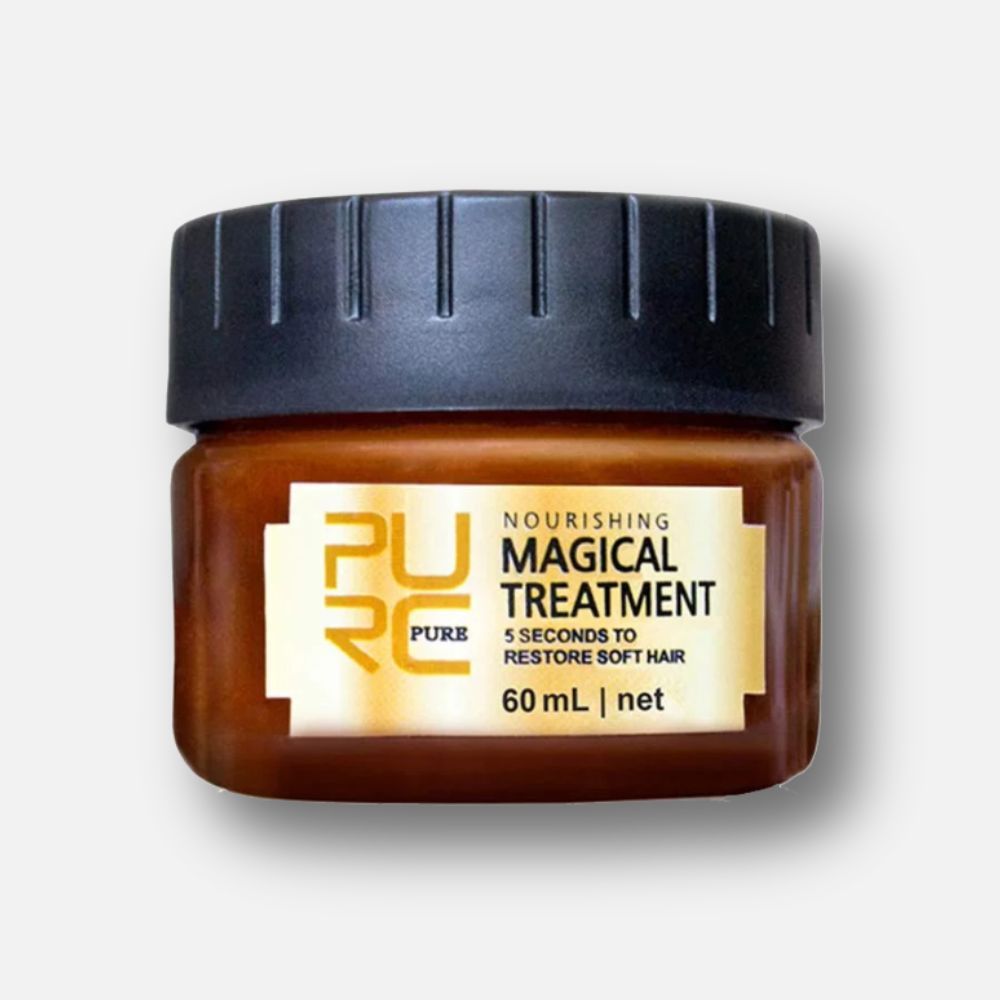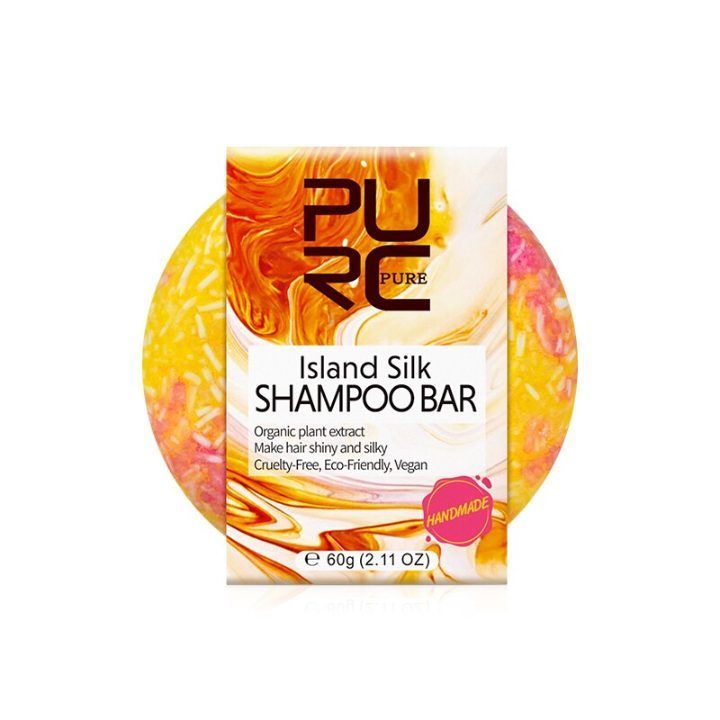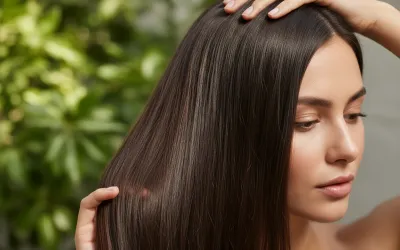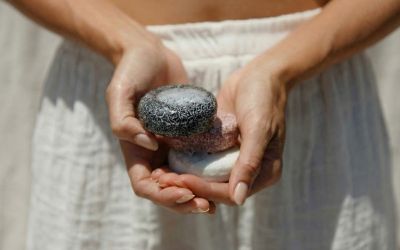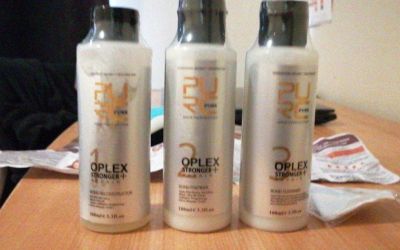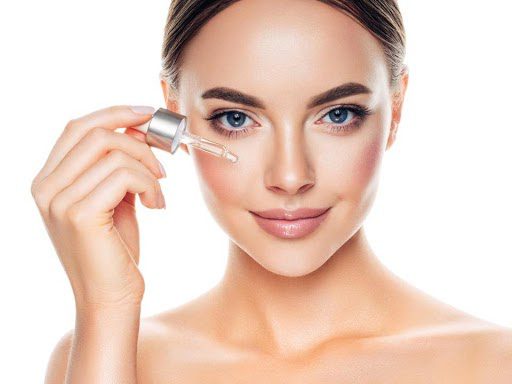
What Is Niacinamide
Niacinamide (pronounced nigh-a-sin-a-mide) has joined the ranks of cult-favorite beauty care ingredients with difficult-to-pronounce names, popping up in recipes alongside skin care’s new best friend.
If all of the cosmetics industry’s magical compounds were placed against each other in a race, niacinamide would undoubtedly come out on top. Curious to know why?
Few “magical” chemicals stand the test of time, but this water-soluble variant of vitamin B3 is a beauty chamber must-have owing to its ability to reduce wrinkles, treat acne, and level out skin tone. It’s both an elixir of rejuvenation and retouching in one!
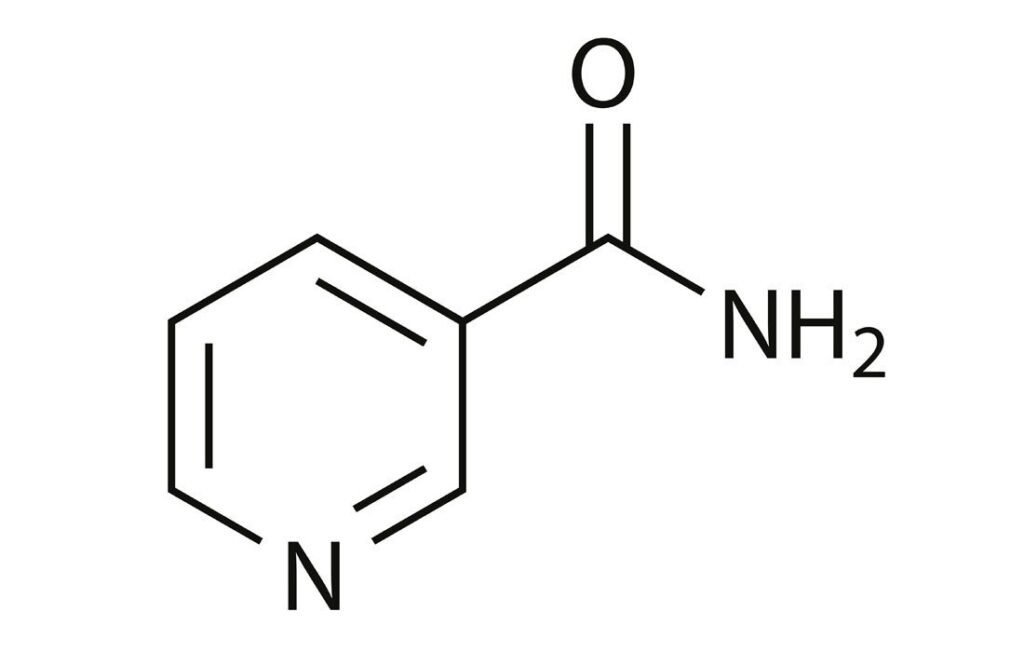
15 Benefits Of Niacinamide
1. Boost The Hydrating Ability
- By assisting the skin’s natural synthesis of skin-strengthening ceramides, niacinamide helps to rejuvenate and repair the skin’s surface against moisture loss and drying.
- It synergistically interacts with popular moisturising substances like glycerin, essential oils, cholesterol, sodium PCA, and sodium hyaluronate.
2. Pore Minimization
- You’ve probably heard that you can’t shrink your pores. But it’s possible with niacinamide. A board-certified dermatologist said unequivocally in a 2015 Dermatology Times article that it “clinically lowers pore size.”
- It can lower sebum production and excretion. When pores are clogged with oil and dead skin, they seem bigger. They will not be as stretched out if less sebum is trapped.
3. Fades Hyperpigmentation & Discolorations
- Niacinamide works well for fading dark spots, discolorations, brown patches, and hyperpigmentation, including melasma and acne scars. Research done by the National Library of Medicine discovered a substantial reduction in hyperpigmentation when participants used two percent concentrations over four weeks.
- Niacinamide and tranexamic acid have been found in studies to function particularly well together, and they can be used with other discoloration-reducing substances such as all types of vitamin C, licorice, retinol, and bakuchiol.
4. Regulates Oil Production
- Studies prove that after 2 and 4 weeks of treatment, the 2% niacinamide-treated group revealed considerably decreased sebum production.
- Many skincare products exist to function on a surface level, absorbing oil rather than modulating its production. This distinguishes niacinamide from other over-the-counter mattifying and oil-controlling treatments which only operate by absorbing excess sebum with the use of substances like talcum, mud, and starch.
5. Evens Out Skin
- In sufficient quantities, niacinamide is considered to be able to inhibit the enzyme responsible for pigmentation, or melanin, and so enhance skin tone. It increases cellular turnover, allowing new skin cells to emerge on the skin’s surface. This helps to keep the texture uniform and reduces roughness.
- A research published in the Journal of Drugs in Dermatology in 2016 examined a product comprising a mix of skin brighteners such as retinol, the antioxidant resveratrol, and niacinamide.
6. Protects Against UV Damage
- Because applying sunscreen is an essential part of your daily skincare regimen, choose a sunscreen that contains vitamin B3 for an easy way to administer it.
- According to a 2014 research, this active component may help prevent UV-induced skin damage by inhibiting “UV-induced cell death and cell apoptosis.” and is a promising agent for skin cancer prevention.
7. Reduces Dryness
- It works as a magical ingredient for dry skin.
- A study was conducted to investigate the moisturising benefits of topical nicotinamide on dry skin, and a comparison was made between a 2% concentration of Niacinamide and white petrolatum, which is mineral oil. The study revealed that nicotinamide greatly reduced water loss, however white petrolatum had no impact.
8. Say Hello To Clear Skin
- Looking for a component that is mild enough for delicate skin while yet being effective in treating acne? It’s antibacterial and anti-inflammatory effects can aid in the treatment of mild to severe acne.
- This study examined the safety and efficacy of topical 4% niacinamide gel for mild inflammatory acne, and the results show that 4% nicotinamide gel is as effective as 1% clindamycin gel in the treatment of acne vulgaris.
9. Excellent Skin Brightener
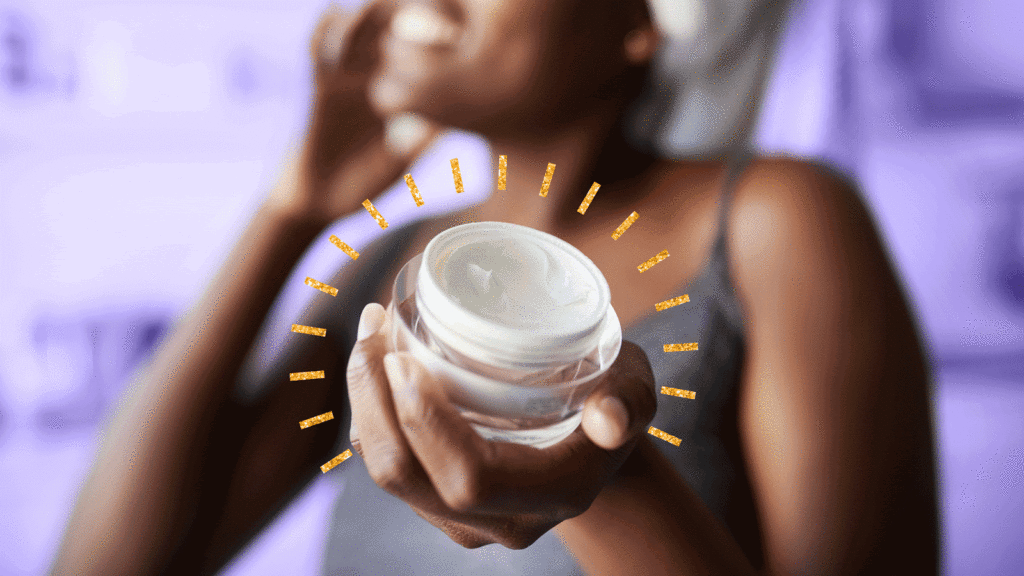
- Niacinamide has a significant brightening effect because it affects melanocytes, which are cells that play a role in pigment synthesis in the skin.
- According to a study done by Procter & Gamble, topical Niacinamide treatment is an outstanding skin lightening treatment that works by inhibiting the transfer of pigment from melanocytes to the skin.
10. Reverse Signs Of Aging
- Because niacinamide soothes skin, it helps mitigate the effects of other anti-aging compounds that might irritate it, such as wrinkle-smoothing retinol or exfoliating alpha hydroxy acids.
- It also eliminates wrinkles by promoting collagen formation, as well as restoring skin barrier functions by serving as an antioxidant and improving cell turnover rate. Niacinamide was demonstrated to prevent indications of skin ageing such as skin elasticity, pigmentation, redness, lines, and wrinkles when used for 12 weeks.
11. Bolsters The Skin Barrier
- Skin contains a protective layer that keeps water and external aggressors out. This barrier can sometimes be breached due to alkaline-based products, harsh chemicals, arid regions, and other circumstances.
- According to the Journal of Clinical Aesthetic Dermatology, it “increases the antioxidant capacity of skin following topical treatment.” It was concluded that there was significant penetration of Niacinamide into human skin, which in turn produces antioxidant properties that can protect skin from this damage or even reverse some of it.
12. Fights Off Stressors
- When administered topically, niacinamide transforms to nicotinamide adenine dinucleotide (NAD), which has powerful antioxidant capabilities against free radicals.
- This is critical for skin health since DNA damage may occur discreetly in response to a variety of common stresses such as pollution and ultraviolet (UV) radiation exposure. Niacinamide serves to prevent oxidative cellular damage within skin cells by raising the quantity of NAD.
13. Hydration Is Key
- When combined with typical hydrating ingredients such as glycerin and hyaluronic acid, it can improve the product’s hydration capabilities.
- Furthermore, by promoting the creation of ceramides, which are natural lipids in your skin, niacinamide can help enhance the skin’s barrier, reducing both water loss and the entry of possible irritants.
14. Lessens Irritation
- One of the most beneficial aspects of niacinamide is that it promotes the use of potentially irritating anti-aging agents that enhance skin cell turnover, such as retinol and alpha hydroxy acids (AHA) such as glycolic acid. It can soothe the skin and reduce irritation produced by harsher exfoliants.
- It accomplishes this by boosting natural lipids found on the skin’s surface and decreasing water loss.
15. Suitable for all skin types
- Niacinamide is uniquely compatible with all of your skincare products, including those containing retinol, peptides, hyaluronic acid, AHAs, BHAs, vitamin C, and antioxidants of all sorts.
- Because this ingenious B vitamin is widely accepted by all skin types, you may use various niacinamide-containing products in your regimen and it will still be non-sensitizing. It’s even safe for people with sensitive or rosacea-prone skin to use.
Conclusion
Even more remarkable is how it functions as a “cell-communicating component.” This implies that niacinamide may “speak” to all types of skin cells, instructing them to produce better, healthier, younger-looking cells, which makes it a low-stakes, high-reward player.

